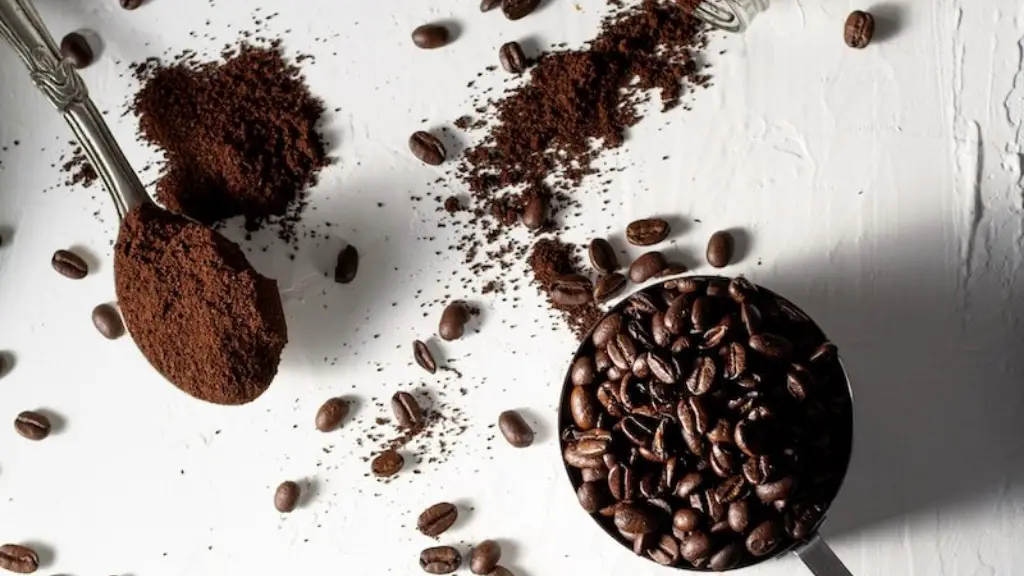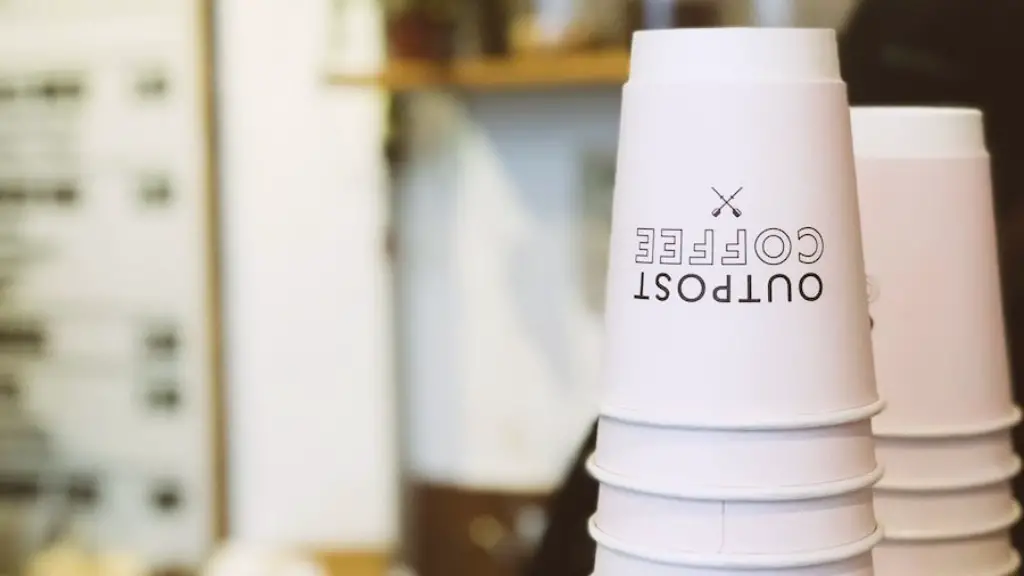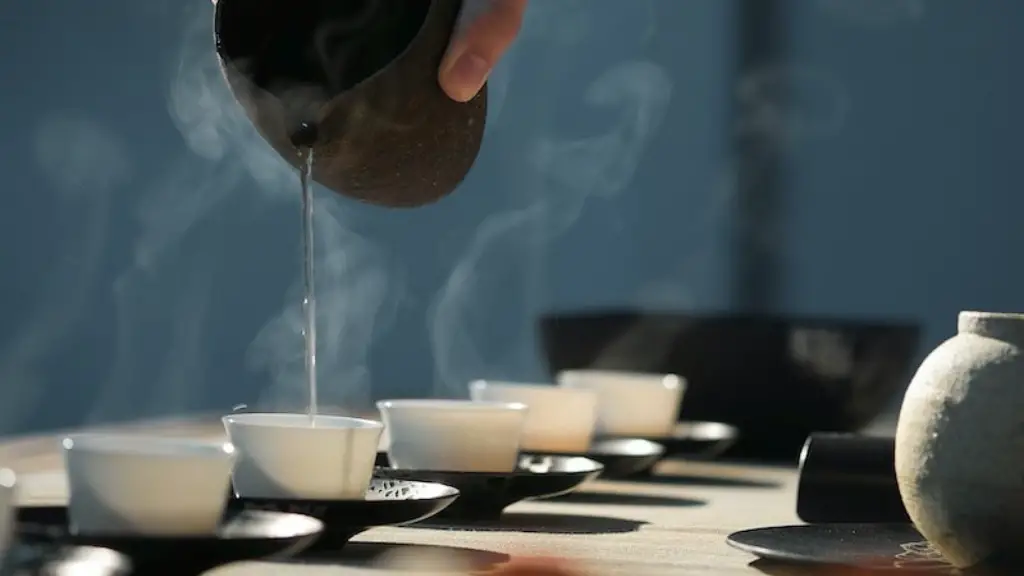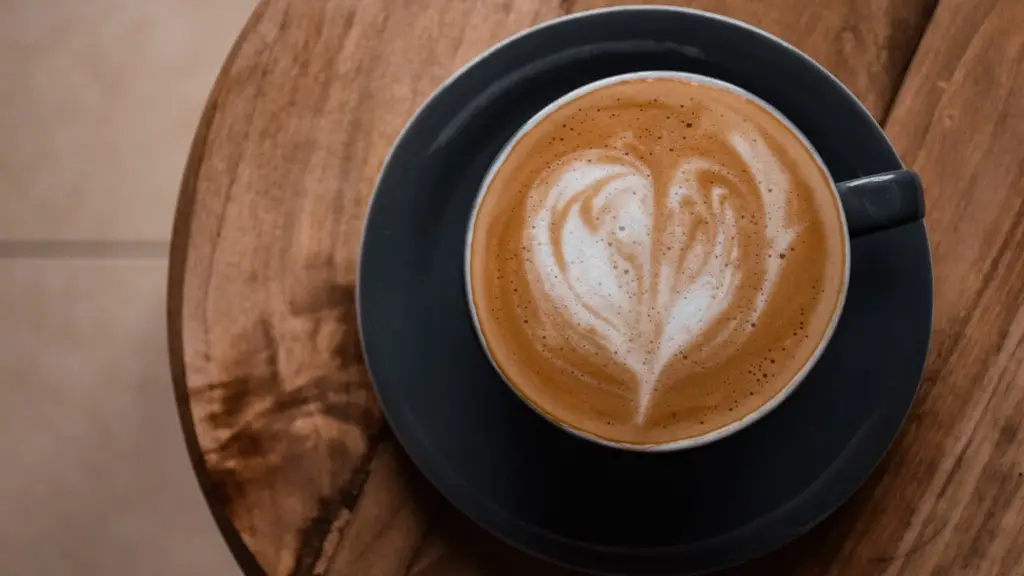Coffee is one of the most popular beverages in the world, second only to water. With so many people drinking coffee every day, it’s inevitable that some of us will end up consuming past the expiration date. But is drinking expired coffee bad?
When you buy coffee in a store, it usually comes with an expiration date. That’s because the flavor compounds and the oils in the coffee beans can get stale over time. But just because a coffee is past its expiration date doesn’t mean you should throw it away immediately. Sometimes, even when it’s expired, a cup of coffee can still taste good.
There are a few things to keep in mind when considering drinking expired coffee. The first is the quality of the coffee. Poor-quality beans may turn stale quicker than higher-quality, fresher beans. The second is the age of the coffee. If it has been stored somewhere humid or in extreme heat, the beans will become stale faster.
Experts recommend throwing away coffee that is over 6 months past its expiration date, as the flavor compounds and oils may be degraded by then. Additionally, they suggest storing coffee beans in an airtight container in a cool, dry place to ensure it stays fresher for longer.
If you do decide to drink expired coffee, keep an eye out for any adverse reactions. It’s important to remember that when coffee beans get stale, some of their compounds can break down and can produce mycotoxins, which are known to be toxic in large enough quantities.
With careful storage and selection of higher-quality beans that have been ground and brewed properly, you can still enjoy a cup of coffee after the expiration date without having to worry about harmful effects. Even though some people claim that “expired” coffee tastes like dish water, the debate about when and how long coffee can be consumed is ongoing. Ultimately, no one can know for certain when it’s time to throw away that bag of beans.
Taste and Flavor
As coffee gets older, the flavor and aroma of the beans will start to get duller, as the flavor compounds and oils will dissipate. Many coffee drinkers will find that brewed coffee that is past its expiration date can taste incredibly bland, with the coffee’s natural sweetness becoming more of a muted sourness.
The bitterness associated with coffee can also become more notable as it ages. This is because some of the compounds that give coffee its unique flavor and aroma start to break down after a few months, resulting in coffee that can taste bitter or even sour.
Although coffee that is past its expiration date won’t be as flavorful, many people still enjoy drinking coffee that has been stored for longer than usual. As with anything, it is all about personal preference.
Those who have grown up drinking dark-roasted coffee may not be influenced by the expiration date and may still find the flavor to be enjoyable. However, those who are accustomed to lighter-roasted beans may find that the taste of past-its-prime coffee difficult to enjoy.
Health Risks
Most people don’t realize that expired coffee can contain compounds that are toxic when consumed in large amounts, known as mycotoxins. These compounds can occur in the beans once the coffee has gone stale and were not present when the beans were fresh.
Although most coffee drinkers won’t experience any noticeable harmful effects from consuming expired coffee, it is still important to be aware of the possible health risks. Drinking too much coffee that is past its expiration date can result in digestive upset, as well as headaches and dizziness.
Additionally, some studies have suggested that drinking large quantities of coffee that is past its expiration date can be linked to an increased risk of certain types of cancer, such as bladder cancer. However, more research needs to be done in this area to confirm any potential links.
Therefore, it is important to take caution if you are considering drinking expired coffee, as it may not necessarily taste the same as when it was fresh and may contain higher levels of mycotoxins than usual.
Storage Tips
It is important to note that storing coffee correctly can increase the shelf life of the beans. The best way to do this is to store the beans in an airtight container, preferably made of metal or glass, in a cool and dry place away from direct sunlight.
It is also a good idea to invest in a grinder to ensure that the beans remain as fresh as possible. If buying pre-ground coffee, it is best to buy only the amount you will use in a short amount of time and to store them correctly to reduce the risk of them becoming stale.
Furthermore, you should never store ground coffee in the refrigerator or freezer, as this can cause condensation, which can accelerate the formation of mycotoxins and other bacteria.
Finally, if you do choose to buy pre-ground coffee, try to opt for organic whenever possible. Organic coffee tends to be higher quality and is less likely to contain harmful chemicals or pesticides.
The Bottom Line
At the end of the day, if something tastes off or strange, it is best to avoid drinking it. Although some people may not notice a difference in taste, it is important to be aware of the potential health risks associated with drinking expired coffee. Monitored consumption of expired coffee can be safe, but it is best to err on the side of caution.
When it comes to storing coffee, it is essential to keep the beans in an airtight container in a cool and dry area, away from direct sunlight. Additionally, it is best to buy whole-bean coffee instead of pre-ground and to opt for organic if possible. By following these tips, you can ensure that your coffee remains as fresh and flavourful as possible.
Environmental Impact
The environmental impacts of drinking expired coffee should also be taken into consideration. Disposing of expired coffee can be damaging to the environment, as it can release mycotoxins that pollute the soil and water. Therefore, buying good-quality, fresh beans and disposing of expired coffee correctly is important in order to protect the environment.
When it comes to brewing coffee, it is important to ensure that the beans are ground correctly for the best possible flavor. Using a high-quality, reputable grinder is essential for grinding the beans to the right consistency. When using a grinder, it is important to remember to empty out the grounds regularly in order to avoid build-up and contamination.
Additionally, it is best to use a reusable filter instead of paper or one-time-use filters. Not only does using a reusable filter help reduce waste, but it can also help to reduce the amount of mycotoxins that are released into the environment.
Finally, it is important to be mindful of the brewing method when making coffee. It is important to remember to only make the amount of coffee you will drink, as making too much can waste a lot of water and leave you with a stale cup of coffee.
Benefits of Drinking Coffee
In spite of the potential risks associated with consuming expired coffee, it is important to keep in mind that there are many potential health benefits that can come with drinking coffee. Research has linked drinking coffee with a reduced risk of certain illnesses and health conditions, including heart disease, stroke, type 2 diabetes and certain types of cancer.
Additionally, coffee contains antioxidants, which can help to protect against cellular damage caused by free radicals. Coffee is also a source of caffeine, which can provide a temporary boost in energy and alertness, making it an ideal pick-me-up for those who are feeling tired.
Moreover, coffee can be beneficial for those who suffer from headaches. A cup of coffee can provide temporary relief, as caffeine has been found to reduce the intensity of certain types of headaches.
Finally, coffee can also be a great way to get more potassium in your diet. One cup of coffee contains about 60 milligrams of potassium, which can help to maintain healthy blood pressure levels and aid muscle and nerve function.





